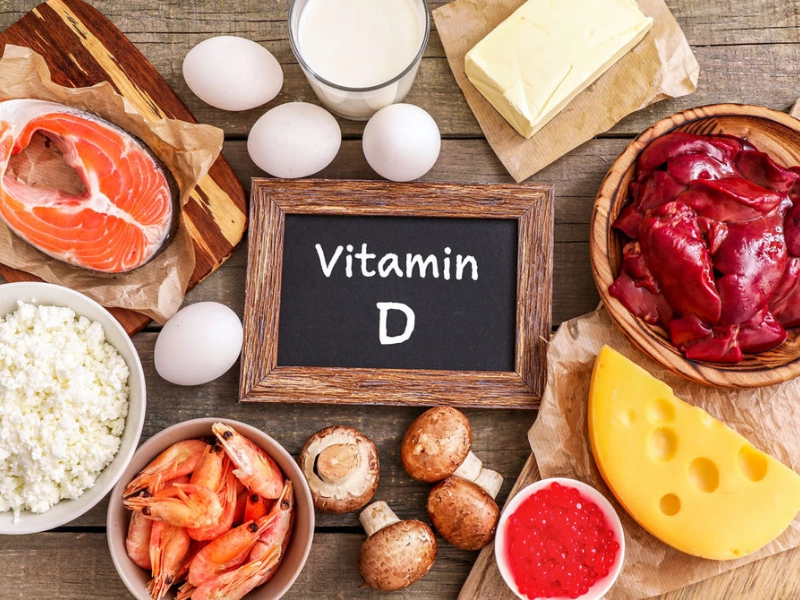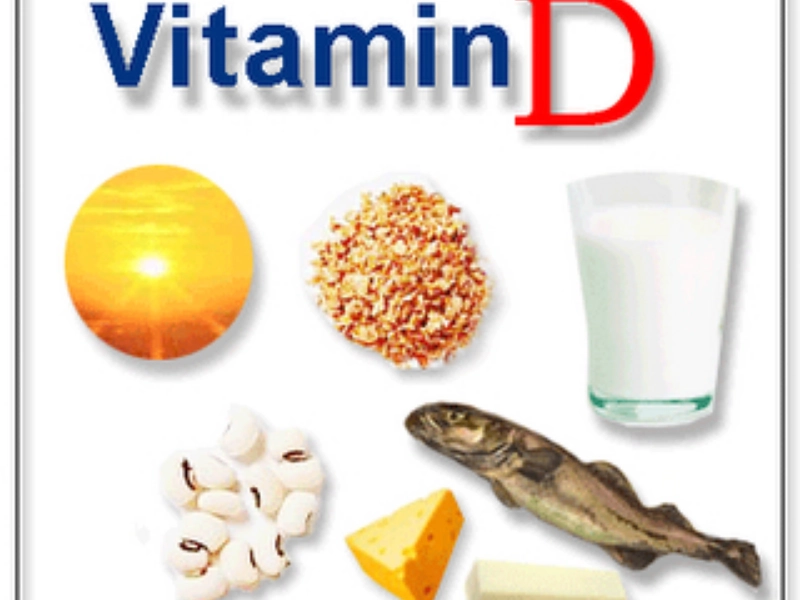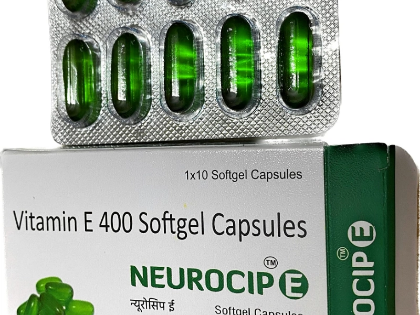How Vitamin D Supports Healthy Gut Function and Microbiome
Advertisement
1. Vitamin D: Their Significance

Advertisement
 Trillions of bacteria, viruses, fungi, and other creatures call the gastrointestinal system home and make up the gut microbiome. By helping digestion, vitamin synthesis, and pathogen protection, these microbes are absolutely essential for preserving gut health. For best gut performance and general health, a balanced microbiome is absolutely vital. The makeup and variety of the gut microbiome can be influenced by diet, lifestyle, and environmental factors; so, it is imperative to promote its health by means of appropriate nutrition and lifestyle decisions.
3. How does vitamin D affect digestive tract conditions?
Trillions of bacteria, viruses, fungi, and other creatures call the gastrointestinal system home and make up the gut microbiome. By helping digestion, vitamin synthesis, and pathogen protection, these microbes are absolutely essential for preserving gut health. For best gut performance and general health, a balanced microbiome is absolutely vital. The makeup and variety of the gut microbiome can be influenced by diet, lifestyle, and environmental factors; so, it is imperative to promote its health by means of appropriate nutrition and lifestyle decisions.
3. How does vitamin D affect digestive tract conditions?
 Maintaining gut health has been demonstrated to depend much on vitamin D. It aids in control of gut barrier integrity and expression of immune response genes. By keeping dangerous compounds out of the bloodstream, a good gut barrier lowers inflammation and advances general gut function. Further aiding a balanced microbiome is vitamin D's ability to boost the synthesis of antimicrobial peptides, which assist in regulating the growth of dangerous bacteria in the gut.
4. Vitamin D and Immune System Action
Maintaining gut health has been demonstrated to depend much on vitamin D. It aids in control of gut barrier integrity and expression of immune response genes. By keeping dangerous compounds out of the bloodstream, a good gut barrier lowers inflammation and advances general gut function. Further aiding a balanced microbiome is vitamin D's ability to boost the synthesis of antimicrobial peptides, which assist in regulating the growth of dangerous bacteria in the gut.
4. Vitamin D and Immune System Action
 Gut health and immunity are intimately entwined. While vitamin D is necessary for immune system control, a strong immune response is facilitated by a good gut flora. It helps control the immune response so the body may combat infections efficiently without overreaction and inflammation resulting. Enough vitamin D helps the immune system to keep a balanced microbiota, therefore supporting gut health and reducing gastrointestinal problems.
5. Vitamin D's Part in Microbial Diversity
Gut health and immunity are intimately entwined. While vitamin D is necessary for immune system control, a strong immune response is facilitated by a good gut flora. It helps control the immune response so the body may combat infections efficiently without overreaction and inflammation resulting. Enough vitamin D helps the immune system to keep a balanced microbiota, therefore supporting gut health and reducing gastrointestinal problems.
5. Vitamin D's Part in Microbial Diversity
 Studies point to vitamin D possibly affecting the variety of the gut flora. Better health results are linked to a varied microbiome since it helps the body process nutrients and react to changes in the surroundings. Studies have shown that persons with enough vitamin D levels often have a more varied gut flora than those with deficits. Overall gut operation depends on this diversity, which also helps lower the risk of gastrointestinal disorders.
6. Vitamin D Sources
Studies point to vitamin D possibly affecting the variety of the gut flora. Better health results are linked to a varied microbiome since it helps the body process nutrients and react to changes in the surroundings. Studies have shown that persons with enough vitamin D levels often have a more varied gut flora than those with deficits. Overall gut operation depends on this diversity, which also helps lower the risk of gastrointestinal disorders.
6. Vitamin D Sources
 Maintaining correct vitamin D levels is crucial for supporting gut health. Though dietary sources are equally crucial, the body can create vitamin D in response to sunlight. Foods high in vitamin D include mushrooms, egg yolks, fortified dairy products, and fatty fish (such as salmon and mackerel). For those who might not obtain sufficient food vitamin D or sunlight, pills can be a good approach to reaching ideal levels. See a healthcare professional to ascertain the best strategy for keeping adequate vitamin D.
7. Vitamin D Deficiency's Effects
Maintaining correct vitamin D levels is crucial for supporting gut health. Though dietary sources are equally crucial, the body can create vitamin D in response to sunlight. Foods high in vitamin D include mushrooms, egg yolks, fortified dairy products, and fatty fish (such as salmon and mackerel). For those who might not obtain sufficient food vitamin D or sunlight, pills can be a good approach to reaching ideal levels. See a healthcare professional to ascertain the best strategy for keeping adequate vitamin D.
7. Vitamin D Deficiency's Effects
 The microbiome and gut health can be seriously disrupted by a vitamin D shortage. Low vitamin D levels have been linked to a higher risk of gastrointestinal problems, including irritable bowel syndrome (IBS) and inflammatory bowel disease (IBD). A less varied gut microbiome brought on by deficiency can cause an imbalance that might aggravate several medical conditions. Maintaining gut integrity and advancing a good microbiota depend on enough vitamin D intake.
8. Overview of Vitamin D's Function in Gastric Health
The microbiome and gut health can be seriously disrupted by a vitamin D shortage. Low vitamin D levels have been linked to a higher risk of gastrointestinal problems, including irritable bowel syndrome (IBS) and inflammatory bowel disease (IBD). A less varied gut microbiome brought on by deficiency can cause an imbalance that might aggravate several medical conditions. Maintaining gut integrity and advancing a good microbiota depend on enough vitamin D intake.
8. Overview of Vitamin D's Function in Gastric Health
 All things considered, keeping a balanced microbiota and sustaining good gut function depend on vitamin D. Its impact on gut barrier integrity, immune system performance, and microbial diversity emphasizes the need for this vitamin for general digestive health. Including foods high in vitamin D and making sure you get enough sun will help you improve your microbiota and support best gut health. Knowing the link between vitamin D and gut performance helps people choose their diet and way of life that best support their general condition. Adopting the advantages of vitamin D is a proactive approach toward reaching and preserving a healthy gut and microbiome.
All things considered, keeping a balanced microbiota and sustaining good gut function depend on vitamin D. Its impact on gut barrier integrity, immune system performance, and microbial diversity emphasizes the need for this vitamin for general digestive health. Including foods high in vitamin D and making sure you get enough sun will help you improve your microbiota and support best gut health. Knowing the link between vitamin D and gut performance helps people choose their diet and way of life that best support their general condition. Adopting the advantages of vitamin D is a proactive approach toward reaching and preserving a healthy gut and microbiome.
Advertisement
Advertisement







